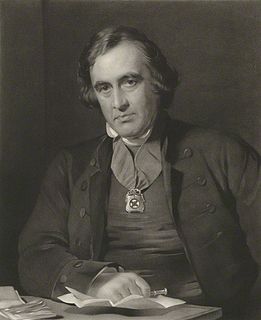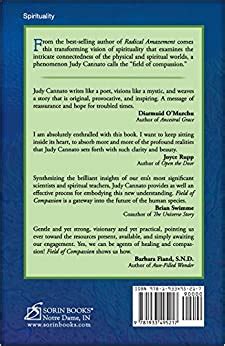A Quote by Richard Chenevix Trench
The love of our own language, what is it, in fact, but the love of our country expressing itself in one particular direction?
Quote Topics
Related Quotes
Most people think of love as some sort of power outside of themselves that will "take them away from all of this." Sadly, this is not the case. Love exists only within our own hearts, and to have happy relationships we must first become truly loving people. And as we fill our hearts with love by expressing love for others in thought, word, and deed ("acting as if" until we make it happen if necessary), that love can heal our own lives, help to solve our problems, and enable us to feel good about ourselves.
The plan of spiritual evolution is marked not only by God's will that we move ever in the direction of love, nut also by another of God's creative principles: that humanity has free will. What that means is that in any given moment, it is our choice whether we move toward love or retreat from it. What is not love is fear. But in the larger scheme of things, there is a limit past which lovelessness cannot remain. Fear is not life-giving enough to sustain itself. We can move in the direction of fear only so long before it brings us to our knees, or to our end.
Peace is not just the absence of war, it is the active presence of a capacity for love and compassion, and reciprocity. It is an awareness that our lives are not to be lived simply for ourselves through expressing our individuality, but we confirm the purpose of our lives through the work of expressing our shared sense of community in a purposeful and practical way; to sustain our own lives we sustain the lives of others - in family, in a community of neighborhoods called a city, and in a community of nations called the world.
To see ourselves as we truly are—a wisp of love itself—is perhaps our deepest fear. But it is also our greatest grace. If we are to be the new human, we must begin by embracing love, which always seeks to incarnate itself. Love is enfleshed everywhere. Everywhere the Holy One is shouting and whispering, ‘Let me love you.’ And all that is asked of us is to receive. In reality, that is our life’s work. Nothing more, and certainly nothing less.
Because love is the great commandment, it ought to be at the center of all and everything we do in our own family, in our Church callings, and in our livelihood. Love is the healing balm that repairs rifts in personal and family relationships. It is the bond that unites families, communities, and nations. Love is the power that initiates friendship, tolerance, civility, and respect. It is the source that overcomes divisiveness and hate. Love is the fire that warms our lives with unparalleled joy and divine hope. Love should be our walk and our talk.
Once you identify and learn to speak your spouse’s primary love language, I believe that you will have discovered the key to a long-lasting, loving marriage. Love need not evaporate after the wedding, but in order to keep it alive most of us will have to put forth effort to learn a secondary love language. We cannot rely on our native tongue if our spouse does not understand it. If we want them to feel the love we are trying to communicate, we must express it in his or her primary love language.






































